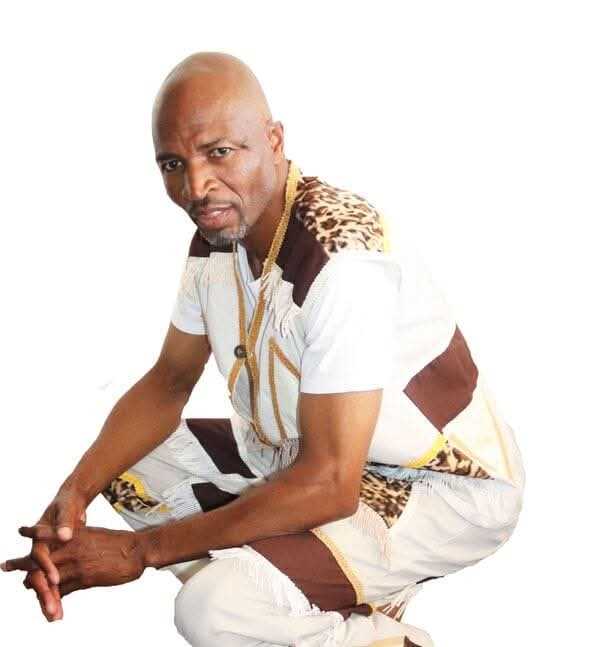
When Charles Ndebele steps on stage, the first thing that strikes you isn’t his guitar or his seasoned voice — it’s the calm confidence of a man who has lived the music he sings. Every note, every lyric, feels like an echo from the red soils of Plumtree, where his journey began nearly six decades ago.
Long before Ndolwane Super Sounds became a household name, Charles and his cousin Abson “Bhule” Ndebele, together with Honest Kamanga and Develop Moyo, were just four dreamers calling themselves The Big Four. Their debut album Noyana wasn’t just a record — it was a declaration of intent. The sound was raw, the guitars home-made, but the rhythm carried the heartbeat of Matabeleland South.
Roots and Rhythm
Born on 5 February 1967 in Butshe, Charles was raised by his grandmother, whose deep Methodist faith shaped both his discipline and his first encounters with music.
“My grandmother would ask me to sing at church,” he recalls with a smile. “That’s where I learned to write gospel songs and play the guitar — even when it was made from plank, twine, and cooking-oil gallons.”
Those makeshift guitars became his gateway to the world. From school concerts at Butshe Primary and Siyaphambili Secondary, to late-night village gatherings, Charles’s voice started drawing crowds long before he ever entered a studio.
The Rise of Ndolwane Super Sounds
By the time The Big Four evolved into Ndolwane Super Sounds, their identity was firmly rooted in Kalanga-infused rhumba — smooth guitar riffs, tight harmonies, and storytelling that spoke to both love and struggle. Over the years, they released 14 albums, etching songs like Noyana, Siyaphambili, and Mmaladzi into the soundtrack of Southern Zimbabwe.
But fame came with heartbreak. In January 2007, tragedy struck when Abson Bhule died in a car accident. The band’s rhythm faltered. “It was like losing half my heartbeat,” Charles says quietly. “We had walked this road together.”
Related Stories
He and Martin Sibanda held the line for a few more years until 2011, when Martin branched off to start Ndolwane Super Sounds Original. Charles responded not with bitterness, but creativity — releasing solo projects Azibuye Emasisweni (2012), Impendulo (2015), and Umhlola (2017) under his new banner, Amangwe Productions.
When Music Speaks Back
Umhlola, which translates to miracle, was born out of a bizarre rumour: a false report of Charles’s own death.
“I was shocked to read that I had died,” he laughs. “When I couldn’t get the paper to retract, I did what I know best — I sang my truth.”
Each track on the album carries a slice of his philosophy:
- Umuntu Yena warns against envy and gossip.
- Mmaladzi, a Kalanga word for “a divisive person”, calls for unity.
- Malume pays tribute to his late uncle and mentor.
- Bekezela, a gospel duet with Dubia Masters, is a prayer for strength during life’s storms.
- And for the football faithful, Bosso “Emagumeni” celebrates Highlanders FC — because in Charles’s world, music and community always dance together.
A Legacy Built on Perseverance
Charles credits much of his artistry to lessons learned from Zimbabwe’s greats. “When we started, it was tough,” he remembers. “Studios would reject our demos and tell us to try again. Ask Macheso, Zakaria, or Chase Skuza — they’ll tell you. We had to earn our way in.”
Through it all, the man from Plumtree has remained grounded — a father of seven, a proud son of Matabeleland, and a believer in music as storytelling, healing, and heritage.
As he looks to the future, Charles still sees the stage as home. “The guitar has carried me through joy and pain,” he says. “When people dance to our music, it feels like the ancestors are smiling.”
From a plank guitar in his grandmother’s yard to sold-out stages across Southern Africa, Charles Ndebele’s journey proves that true legends don’t just play music — they become it.










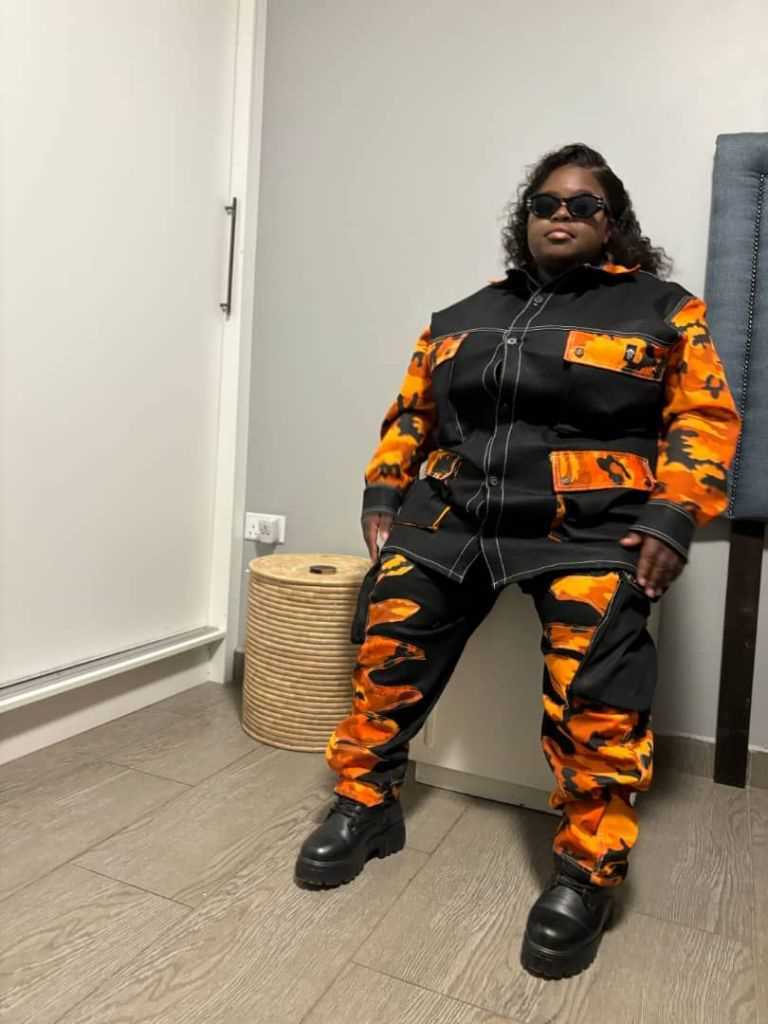

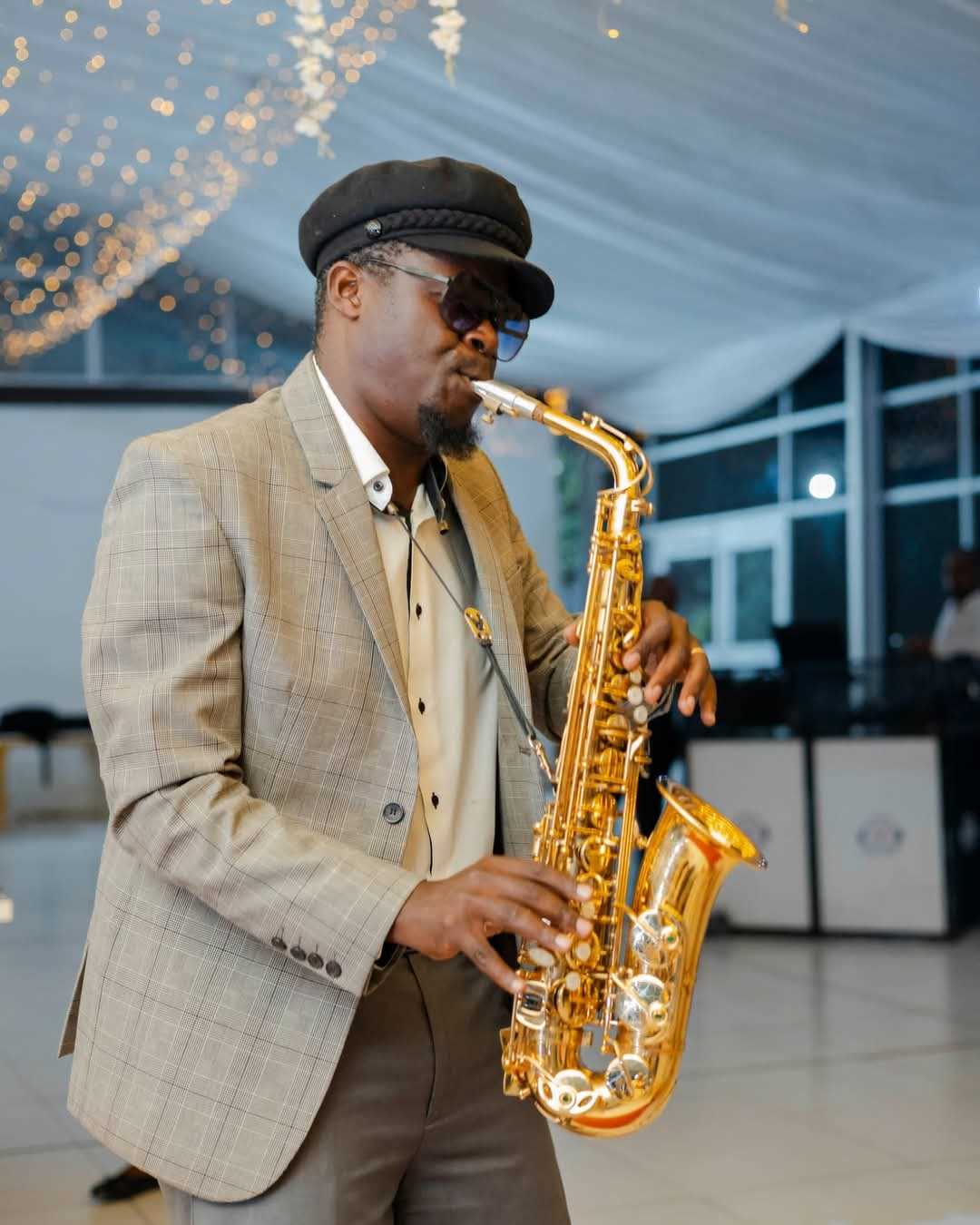

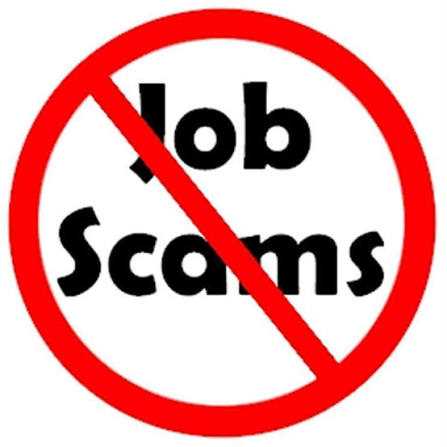
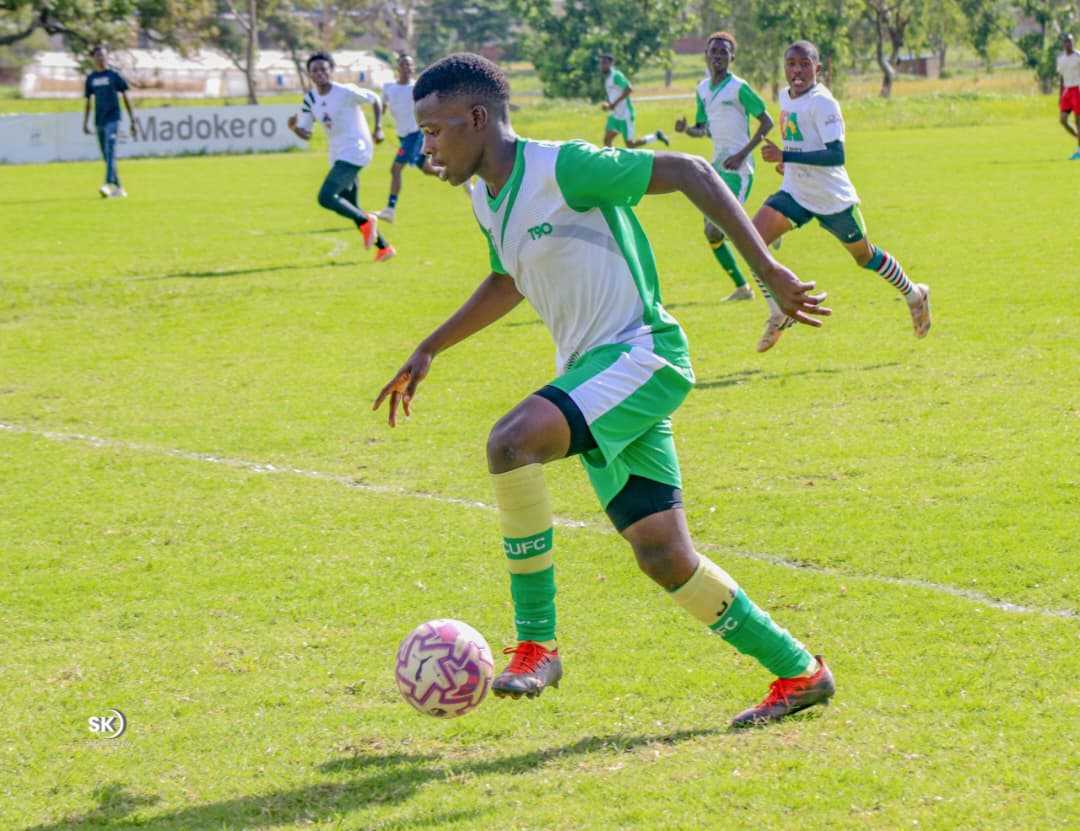




Leave Comments